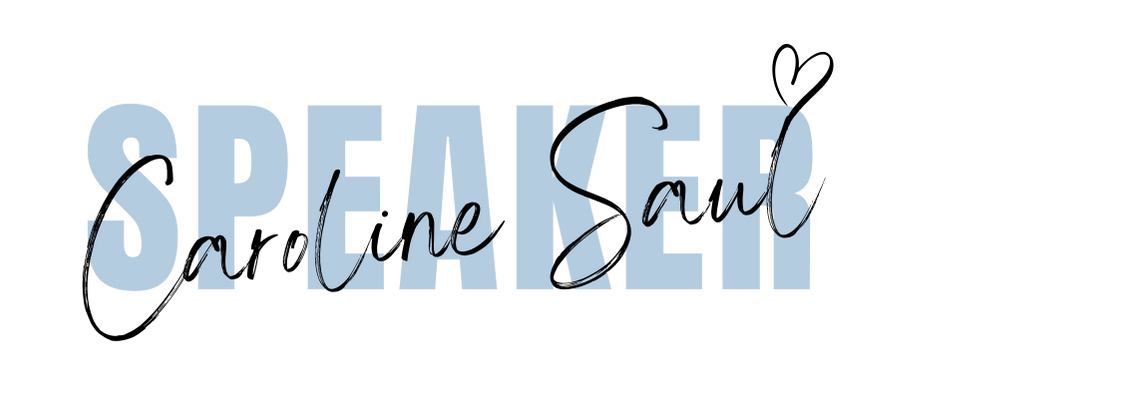Stereotyping and bias against single mothers is a pervasive and harmful act that affects a significant portion of the population. Single mothers often face discrimination in various areas of life, including employment, housing, pensions, and social support. This can lead to financial insecurity, social isolation, and other negative consequences that can have a lasting impact on the well-being of both the mother and her children.
One of the most common stereotypes about single mothers is that they are lazy and dependent on government assistance. This stereotype is not only untrue, but it also serves to stigmatise and shame single mothers, making it harder for them to access the support and resources they need to provide for their families. In reality, single mothers are professionals often chastised for working long hours and have very little time or energy left over for themselves but make the effort to care for her family. Many of them are also struggling to make ends meet on limited incomes and may rely on government assistance to help cover their basic needs.
Another harmful stereotype is that single mothers are somehow responsible for the breakdown of their relationships and the struggles they face. This belief ignores the complex and varied circumstances that can lead to the breakdown of a relationship, and it places the blame on the mother rather than acknowledging the role that societal and systemic factors can play. This stereotype can make it harder for single mothers to find support and understanding from others, which can further contribute to their feelings of isolation and vulnerability.
It is important to recognise that stereotyping and bias against single mothers is a serious issue that needs to be addressed. By acknowledging and challenging these harmful beliefs, we can create a more supportive and inclusive society for all families. This may involve supporting initiatives that provide resources and assistance to single mothers, such as affordable housing, job training, and access to healthcare. It may also involve working to dismantle the systemic barriers and biases that contribute to the challenges single mothers face. By taking these steps, we can create a more just and equitable society for all.
